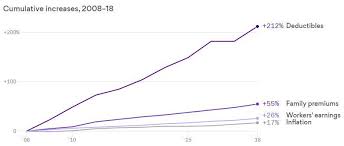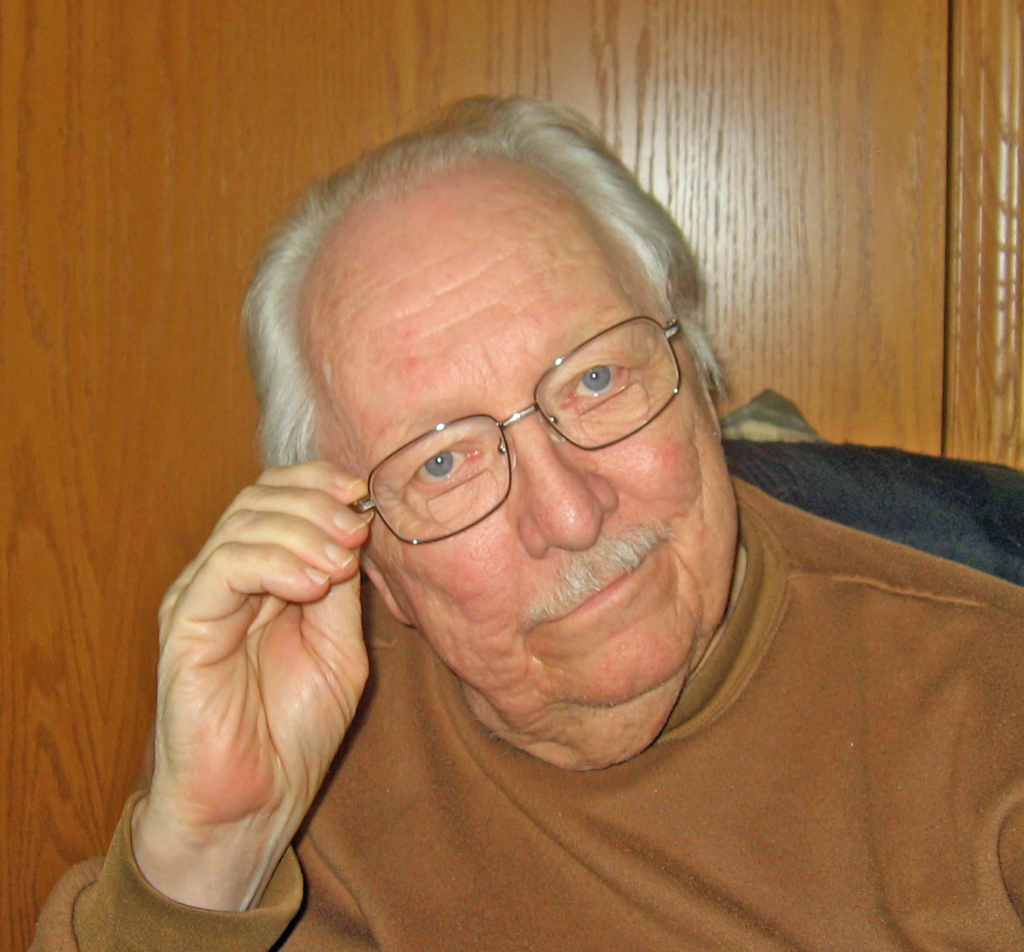Sharing is caring!
 Unfortunately, I’ve been able to observe our medical system very closely. I have been able to see premier medical facilities such as the Mayo Clinic and a small-town medical system. The small-town medical system was taken over a couple of years ago by a growing medical organization. The third medical system is the VA’s. It is very apparent the so-called “bean counters” are running medicine today. There is necessarily a huge conflict between the bean counters and those delivering medical care. A bean counter will seek to do two things above all else – reduce costs and improve efficiencies because they maximize profits. Those are both “noble goals.” However, applied without thinking about the desired outcome of medicine is a sure way to make a mess. Let’s take an absurd example, using the example of a complaint department and how it interacts with the customer and applying it to a doctor talking to a patient. The complaint department wants to handle complaints as quickly as they can because it reduces costs. The bean counters look at the number of patients a doctor sees and decide he or she should be seeing more in a day. The bean counters then decided a doctor should be seeing a new patient every 15 minutes with an average of 3.7 patients per hour. An aside: I have often wondered where you get the 0.7 patient? This all makes perfect sense to a bean counter and the way they’re trained, but it makes no sense to the practice of medicine. The goals are dramatically different.
Unfortunately, I’ve been able to observe our medical system very closely. I have been able to see premier medical facilities such as the Mayo Clinic and a small-town medical system. The small-town medical system was taken over a couple of years ago by a growing medical organization. The third medical system is the VA’s. It is very apparent the so-called “bean counters” are running medicine today. There is necessarily a huge conflict between the bean counters and those delivering medical care. A bean counter will seek to do two things above all else – reduce costs and improve efficiencies because they maximize profits. Those are both “noble goals.” However, applied without thinking about the desired outcome of medicine is a sure way to make a mess. Let’s take an absurd example, using the example of a complaint department and how it interacts with the customer and applying it to a doctor talking to a patient. The complaint department wants to handle complaints as quickly as they can because it reduces costs. The bean counters look at the number of patients a doctor sees and decide he or she should be seeing more in a day. The bean counters then decided a doctor should be seeing a new patient every 15 minutes with an average of 3.7 patients per hour. An aside: I have often wondered where you get the 0.7 patient? This all makes perfect sense to a bean counter and the way they’re trained, but it makes no sense to the practice of medicine. The goals are dramatically different.
Let’s look at another change in medicine. A doctor would sit down and chat with you and make a couple of notes on the clipboard in the past. Now, the first thing they do is sit down at the computer and login. As they talk to you, they are busy typing. They’re not really looking at you because they have been turned into a secretary taking dictation. They are quick with questions because they know they must get the answers into the computer. I’ve seen various figures and most suggest that a doctor might let the patient continue to describe their problem for less than 20 seconds before they are interrupted. The doctor must get those answers quickly to meet their goal of 3.7 patients per hour.
You would guess use computers and other technology would make our healthcare system the best in the world. You can use Google to look up all sorts of reports on healthcare and they agree on two things. The United States spends more money on health care than any other country in the world. In terms of results, the United States ranked someplace between the 10th and 11th and outcomes. You can do your own Google search. I suggest you use this term “us healthcare ranking compared to other countries.” You will find such things as the US has more premature deaths than the other top 10 countries. Despite spending more on health care than any other country our healthcare outcomes are declining when compared with the top countries.
The problem is investors see our healthcare system as a cash cow. They are driving the cost of healthcare up while reducing the quality of healthcare down. It’s not because they are bad people. It is simply because they have other goals in mind compared to healthcare workers. Bean counters are proud of their work and as one director of a non-profit hospital group said, “I’ve done such a good job I deserve the $11 million salary I get.” The bean counters define success by profits not by outcomes. That is why the US health care system is becoming more expensive while declining in terms of outcomes. We need to change the definition of success for any healthcare firm to how outcomes are improving and not profits!

